
The Supreme Court has turned down a petition from a Christian florist who refused to create flower arrangements for a same-sex couple’s wedding, thereby declining the opportunity to further explore when anti-discrimination laws must give way to religious convictions.
Justices Clarence Thomas, Samuel A. Alito Jr. and Neil M. Gorsuch indicated they would have accepted the case ‘Arlene’s Flowers v. Washington’. But it requires four justices for a grant, and that means none of the court’s other six justices were willing to go along.
In 2013, Stutzman told a friend, Robert Ingersoll, that she would not create arrangements for his wedding to his long-time companion, Curt Freed. Stutzman said she held Ingersoll’s hand and said she had to decline his request because of her “relationship with Jesus Christ.”
She was fined for violating the state’s law that prohibits businesses from discriminating because of sexual orientation.
There are numerous lawsuits across the country concerning wedding vendors — photographers, videographers, calligraphers among them — who don’t want to participate in a same-sex wedding ceremonies.
Alliance Defending Freedom General Counsel Kristen Waggoner said it was “tragic” the court had passed up Stutzman’s case.
“No one should be forced to express a message or celebrate an event they disagree with,” Waggoner said in a statement. “A government that can crush someone like Barronelle, who kindly served her gay customer for nearly a decade but simply declined to create art celebrating one sacred ceremony, can use its power to crush any of us regardless of our political ideology or views on important issues like marriage.”
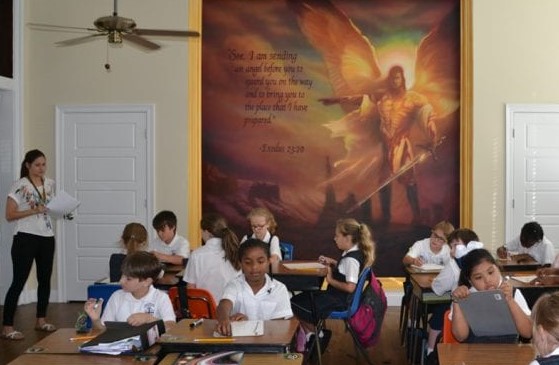
A referendum aimed at removing public funding from denominational and other non-State schools should be held, according to a leading educationalist.
Writing in the Irish Times yesterday, Professor of Education at DCU, Gerry McNamara said in the early 1990s the Newfoundland and Labrador government in Canada “put a referendum to the people effectively proposing to abolish denominational schools and limit the role of the churches in publicly-funded institutions”. After a hard-fought campaign the proposal was carried (by 55 per cent), but the resulting legislation was struck down in the State supreme court.
The government then introduced a tougher referendum “effectively removing all church power and influence from publicly-funded schools”. This was carried – (by 73 per cent) – and appeals against the enabling legislation were rejected in both the Newfoundland and Canadian supreme courts.
Applying this history to Ireland, Professor MacNamara mused: “Could something similar happen here? After the referendums of recent years and the remarkable changes in Irish society it is probable or certainly possible that such a proposal could pass. If it were to do so it seems unlikely that the Supreme Court would or could oppose the democratic wishes of the people.”
Many Western countries permit public funding of schools including Britain and the Netherlands.
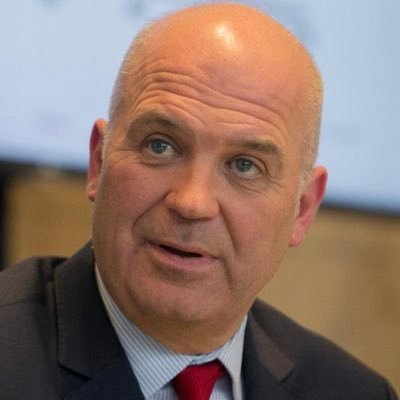
The Chief Medical Officer did not make any specific recommendation in relation to Communions and Confirmations to the Government.
Dr Tony Holohan made the revelation to Opposition TDs yesterday.
His comment follows Tánaiste Leo Varadkar’s announcement at a press conference on Tuesday outlining the latest Covid measures that the ceremonies would not be going ahead because of a fear that there might be infection outbreaks at celebrations afterwards.
When asked if parishes could proceed with the sacraments after July 5, Mr Varadkar replied: “They’re off, unfortunately.”
One priest in Co Tipperary, Fr Michael Toomey, expressed unhappiness that this directive appeared to be a decision entirely of the Government and not based on Nphet’s advice.
Another priest, Fr Aquinas Duffy, told the Irish Independent: “If it turns out that Nphet and the CMO did not specifically advise the postponing of Communions and Confirmations, I would like to know why the Government is singling out these sacraments?
“The heartbreak this has caused so many families.”
A spokesperson for the Department of the Taoiseach told the Irish Independent the Government was also advising that baptisms be deferred.
Fr Duffy said one parish in Dublin already faced a backlog of 150 baptisms.

France’s lower house of parliament has definitively adopted a law that will allow single women and lesbians avail of donor assisted human reproduction.
Previously, it was reserved for infertile heterosexual couples, thus ensuring that a child would be born to and raised by a mother and a father.
The wide-ranging bioethics bill presented by French President Emmanuel Macron’s government, was approved at the National Assembly with 326 votes for and 115 against.
The measure has been long sought by LGBT groups, who had pushed it since France legalised same-sex marriage in 2013.
The vote marks the end of a protracted, two-year debate in parliament. The conservative majority in the Senate repeatedly rejected the measure, but the lower house of parliament, where Mr Macron’s centrist party has a majority, has the final say.
The new law does not address France’s ban on surrogacy arrangements in which one woman carries and delivers a baby for someone else.
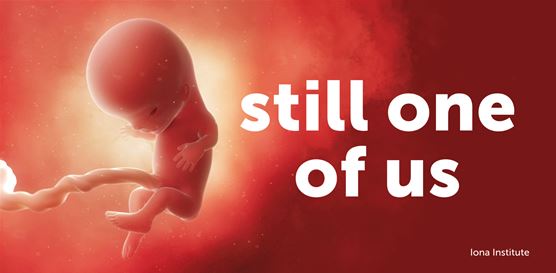
6,577 abortions took in place in Ireland in 2020, according to official figures released by the Department of Health yesterday.
While the figures are down slightly on 2019, they represent a significant increase since the 8th amendment was repealed.
Commenting on the news, Eilís Mulroy of the Pro Life Campaign said when you add the domestic figure of 6,577 to the 194 abortions on women from Ireland who travelled to England in the same period, the total number of Irish abortions in 2020 was 6,771.
“This represents a massive 70% increase since 2018, the year prior to the introduction of abortion”.
She added: “one thing is clear – today’s abortion figures are devastating and are the opposite of what members of the Government repeatedly promised when they said abortions would be ‘rare’ if people voted for repeal. Voters were misled every step of the way by these same politicians. After today’s news, it cannot be ‘business as usual’ just because certain politicians and media commentators don’t want to take responsibility for what they have created”.

A well known Catholic priest has said he will defy new covid19 restrictions that rule out any celebration of Communions and Confirmations this summer.
Asked at a press conference yesterday if parishes could proceed with the sacraments after July 5, the Tánaiste, Leo Varadkar replied: “They’re off, unfortunately.”
Responding to his comment, Fr Michael Toomey, in the Diocese of Waterford and Lismore, said: “I will not be following this ‘off the cuff’ statement by the Tánaiste.”
He added that he was still planning to celebrate two Confirmations in his parish next weekend.
Fr Toomey said he would also continue to celebrate baptisms and other sacraments if families want him to and in consultation with schools, “until such time as my bishop advises otherwise”.
Indicating the mounting frustration within Churches over the ongoing Covid-19 restrictions, Fr Toomey said: “We in the Church and indeed all places of worship, have done everything asked for, and more.
“Yet, again, we are merely being brushed aside without any consultation and consideration for the sacraments and the lives of so many young people and families.”
He said that despite the Tánaiste’s declaration, there was no official guidance regarding postponing the sacraments as of Tuesday evening on government websites or information outlets.
The Channel Island of Jersey is likely to legalise assisted suicide after a citizens’ jury voted in favour of a change in the law.
Last week, 78 per cent of the body that was convened on the issue said that terminally ill islanders should be able to seek help to end their life.
Jersey can legislate on assisted suicide independently and the jury’s recommendations will be followed by a report due to be published in September. The island’s Council of Ministers will then lodge a proposition with the States Assembly seeking agreement on legalisation.
“The people of Jersey have declared loud and clear that they want choice and control over their deaths alongside high-quality palliative care,” said Sarah Wootton, chief executive of UK campaign group Dignity in Dying.
Dr Nigel Minihane, chairman of the Jersey Primary Care Body, which represents family doctors, said: “Our current law denies terminally ill people the ultimate choice over how, when and where they die. The evidence is overwhelmingly in favour of enabling this option for those who are in their final months … Two hundred million people around the world live in jurisdictions with access to this option; it is time for Jersey to follow suit.”
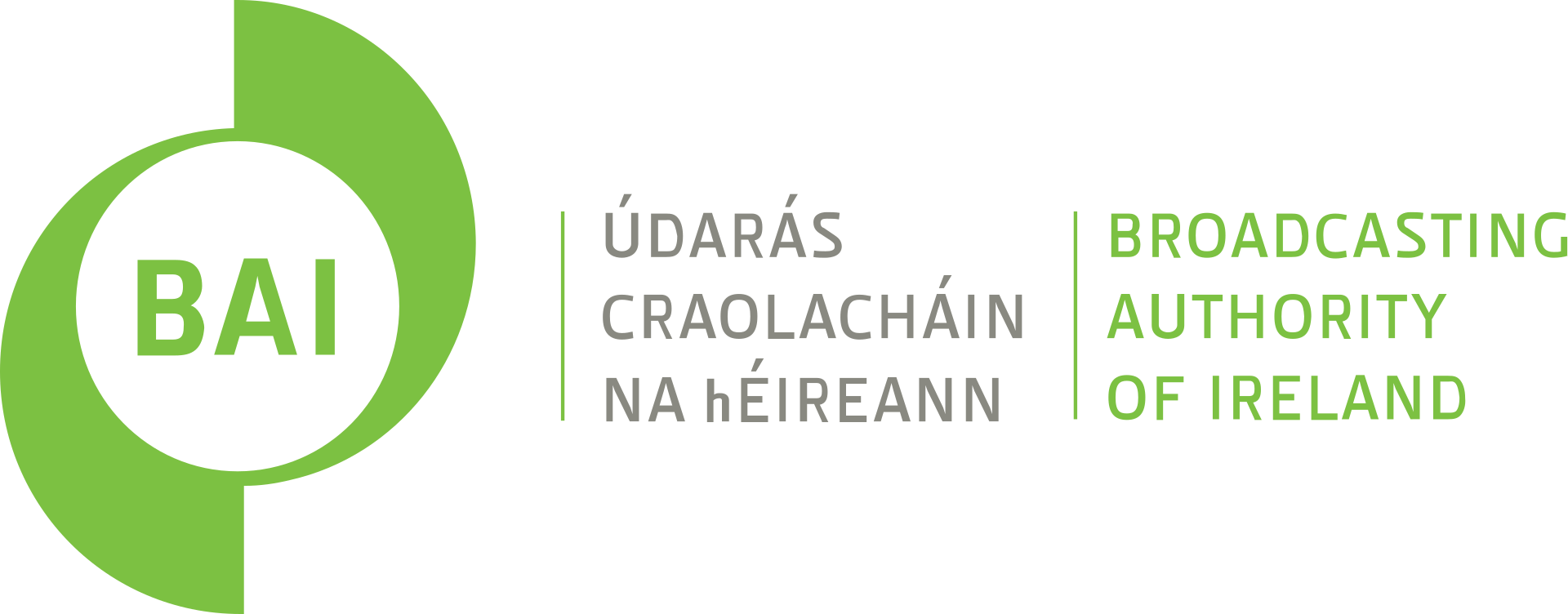
The Broadcasting Authority of Ireland have partially upheld two complaints against Newstalk for biased coverage of abortion.
The BAI decision relates to two separate interviews conducted on the same day (10th December 2020) on Newstalk’s Breakfast presented by Ciara Kelly and the Hard Shoulder presented by Mark Cagney.
Newstalk was forced to read out on air apologies referencing the BAI rulings and the fact that both presenters expressed partisan views on abortion.
The Pro-Life Campaign commented said it was a positive development that the BAI at least partially upheld the two complaints, but added, “it is disappointing that they were not fully upheld as the two programmes were way more biased than the BAI concluded”.
“It raises questions about the relevance of the BAI as currently established since current affairs presenters on radio and TV know they can get away with almost anything provided they hold back on stating their own personal opinions”, a spokesperson said.
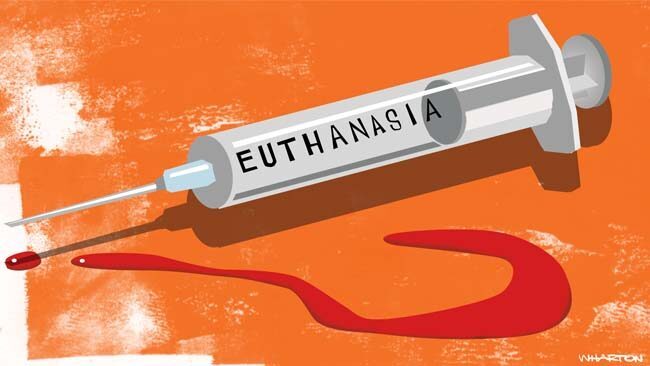
Serious legal concerns have been raised about a proposed new law on assisted suicide, raising a doubt over whether it can proceed in its current form.
The Dying with Dignity Bill, introduced last year by socialist TD Gino Kenny, is currently being reviewed by the Oireachtas Committee on Justice after a Dáil vote in October to allow it proceed to committee stage. As part of that process, a confidential legal opinion was drafted by the Office of Parliamentary Legal Advisers.
A copy of that opinion, seen by The Irish Times, raises a range of concerns including that parts of the Bill would be vulnerable to a constitutional challenge as they were an “overdelegation of ministerial power” which case law had found to be incompatible with the Constitution.
It identifies “ambiguities and serious drafting errors” in several sections of the Bill, containing flaws that could render them vulnerable to challenge before the courts.
It also finds that it has no enforceable compliance or offence provisions, “which is hugely problematic for this legislation given the statements from both the Irish Supreme Court and the European Court of Human Rights on the utmost importance of safeguards in legislation such as this”.

A special Father’s Day parade was held in Washington, D.C., called the Black Fathers Matter motorcade.
Writing in the Chicago Sun Times, Mona Charen praised the event for highlighting the difference a father makes. She said a new survey adds bricks to the huge wall of evidence that dads are important to children’s welfare.
Kids who grow up with two parents are 3 1/2 times less likely to live in poverty than those raised by single parents. Among African Americans, 13% of children in two-parent homes are poor, compared with 46% of those living with their mothers alone. The figures for whites show similar ratios.
Regarding children going to college: Among Black kids raised by single moms, 15% get a college degree (mostly women). If Dad is also in the home, 28% get the diploma. Overall, about 1 in 3 Americans gets a college degree, so intact African American families are almost at that level.
Regarding trouble with the law: Among Black kids raised by single moms, about 14% have at some time been incarcerated. For those raised with two parents, only 8% have. As the Institute for Family Studies stresses, outcomes for African American children from two-parent homes are better across a range of measures than are those for white children raised by single moms.